Apple’s Mail Privacy Protection (MPP): What it means for direct-sold deals
Liveintent
FEBRUARY 22, 2022
Of course, it’s not enough that Google has decided to do away with third-party cookies; Apple has also changed the terrain of the digital landscape with its Mail Privacy Protection (MPP). The post Apple’s Mail Privacy Protection (MPP): What it means for direct-sold deals appeared first on LiveIntent Blog.

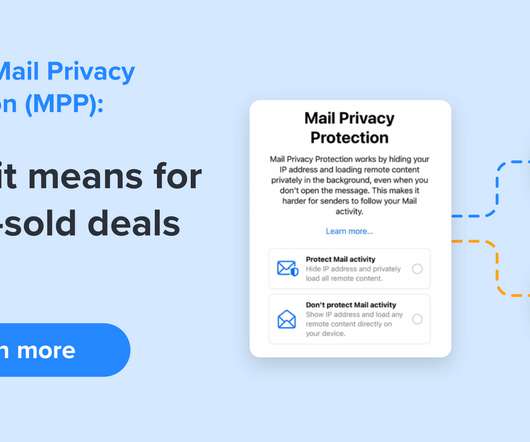
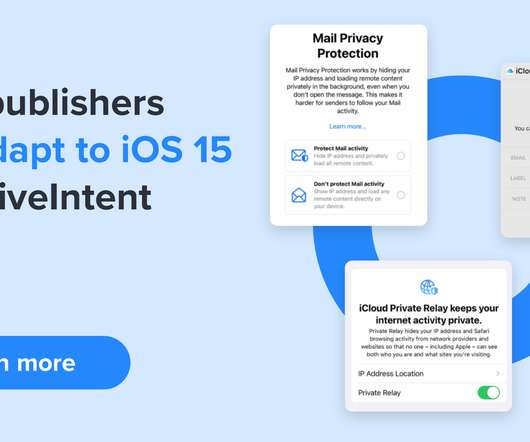
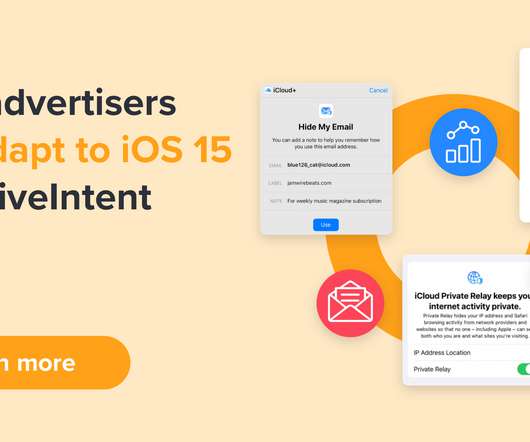
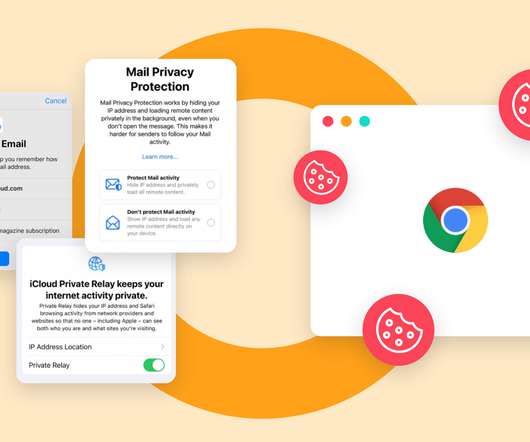
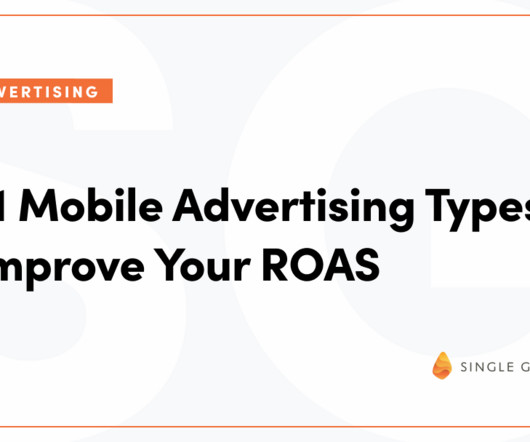









Let's personalize your content